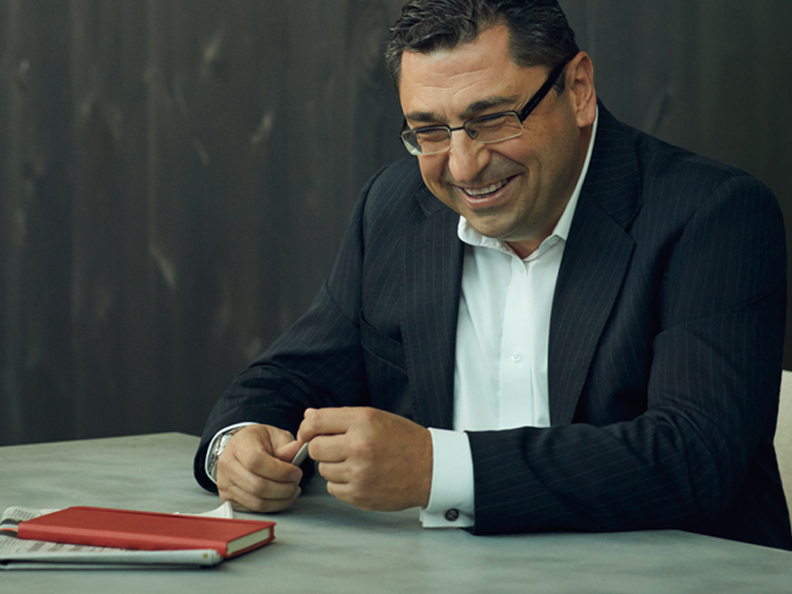Getting your personal finances better organised should save you time, spare you stress and swell your disposable income. Here are some strategies that could deliver a favourable return for what’s usually only a small investment of effort.
1. Track your spending
Do you know how much you spent on eating out last month? Or buying petrol? What gets measured gets managed so the first step towards gaining control of your finances is working out where your dollars go.
2. Pay yourself first
Most people pay their bills first, then spend, and save, whatever is left over. Many of those people never achieve significant financial security. Counterintuitive as it seems, many have found the ‘pay yourself first’ method is the road to wealth. When money comes in, set aside a certain amount for personal spending and, ideally, saving first. Only then start dealing with other outgoings.
3. Have some SOS savings
Even if you’re not much of a saver, you should have enough money stashed away to cover your living expenses for at least three months. You may never have to draw on this money but knowing you have some breathing space, should calamity strike, provides priceless peace of mind. Plus, if something does go wrong you won’t have to immediately resort to maxing out credit cards or taking out emergency loans with punishing interest rates.
4. Automate regular bills
It should take you no more than a few minutes online to arrange for the automatic debiting of recurring expenses such as body corporate fees or car loan repayments. Doing this will save you the time involved in having to transfer this money yourself and ensure you never get hit with late fees.
5. Avoid the laziness tax
You could be paying less for things such as your car insurance, internet service and electricity if you shopped around. Just contacting an existing supplier and telling them you’re considering going elsewhere will typically result in them offering a better deal. Companies know most of their time-poor customers won’t push for a better price so you can bank large savings if you’re part of the minority who drive a hard bargain.
6. Demolish that house of cards
Do you have a store card, a couple of credit cards and a back-up credit card you use when travelling? There are two issues with this. Firstly, it often means lots of fees and charges. Secondly, it means easy access to lots of credit you may not need. This can lead to increased debt, especially for those without iron self-discipline. Do a spring clean and rationalise your supply of credit cards to only ones you need.
7. Digitise your receipts
Does tax time involve scrabbling through your wallet, glove box and kitchen drawer grabbing at crumpled receipts? If you bank with Macquarie, our online banking allows you to quickly upload photos or documents to your account. These are instantly synced across platforms and stored securely within Macquarie's environment, allowing you to retrieve them easily at a later date.
8. Sort your super
Almost half of all Australian workers have their super spread over a number of accounts.1 It’s an easy situation to find yourself in. Especially if you’ve changed jobs a few times and been too busy getting a handle on your new role to worry about making sure the money from your previous super account gets transferred to the new one. There may be little or no advantage in having super ‘diversified’ across many accounts. It just means you could be unnecessarily be paying multiple management fees instead of just one. Taking action now could result in you saving the money that would have otherwise been spent on fees.
What next?
Speak to your financial adviser to help you work out a strategy to meet your financial goals.


